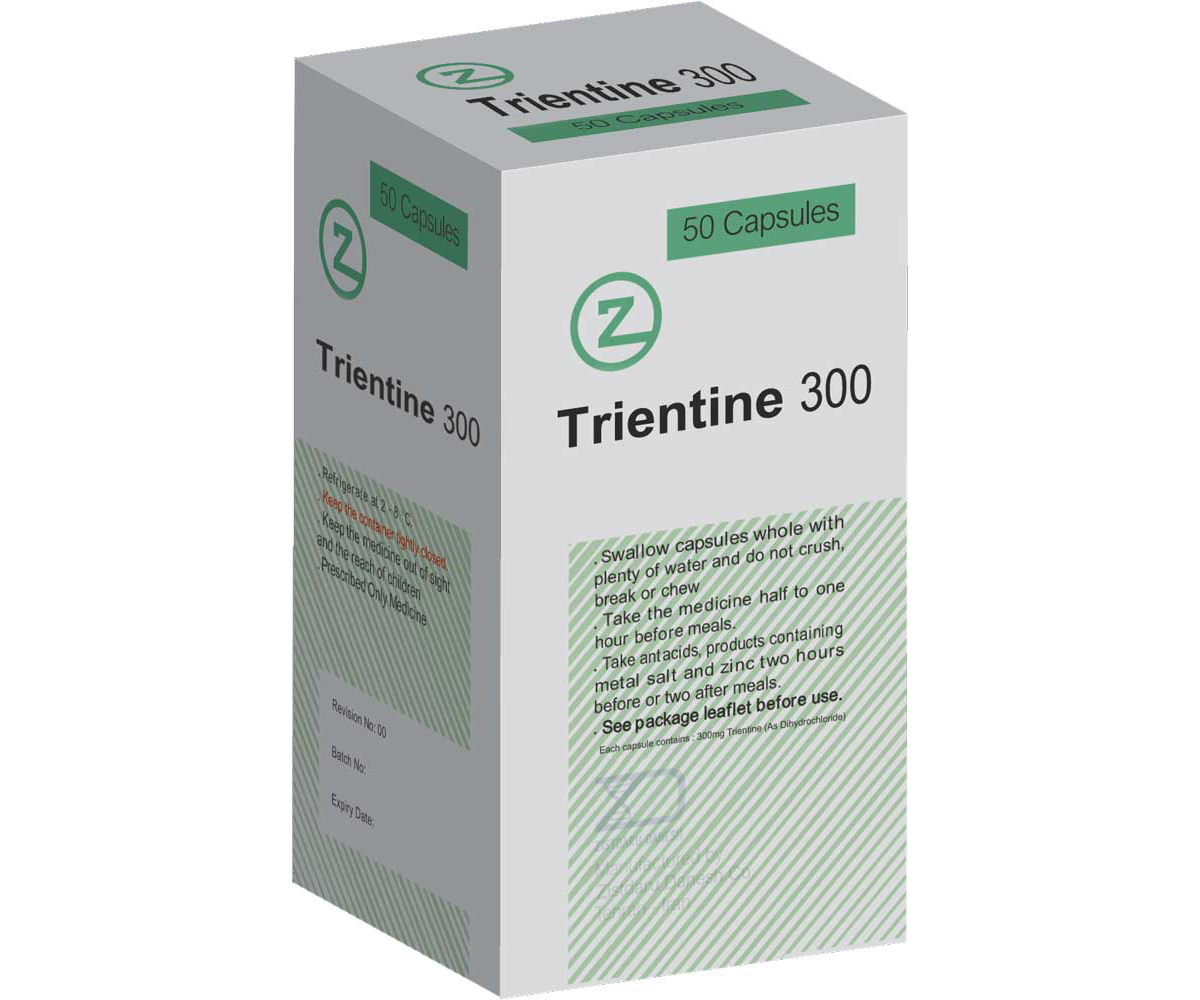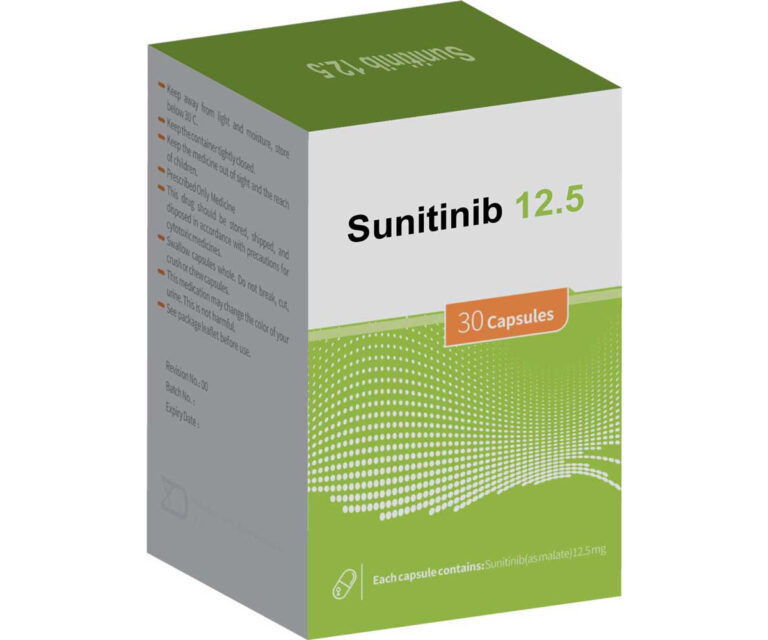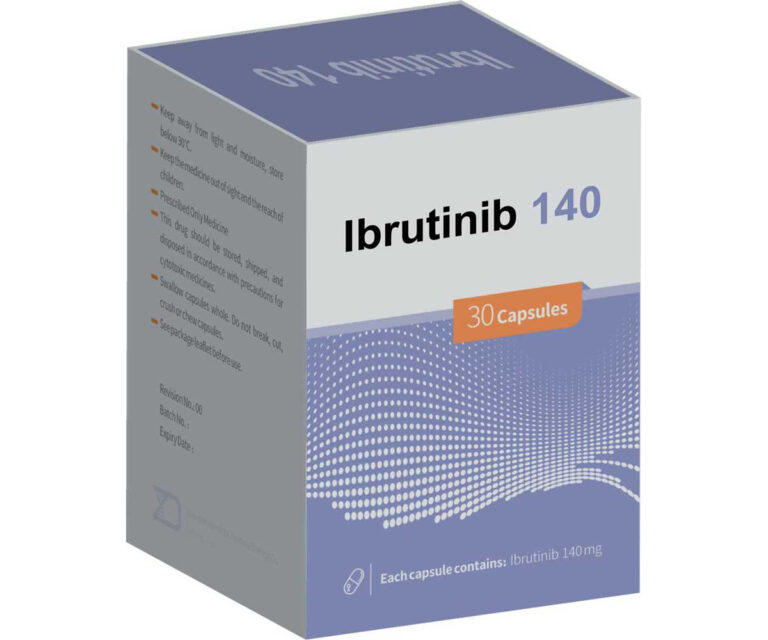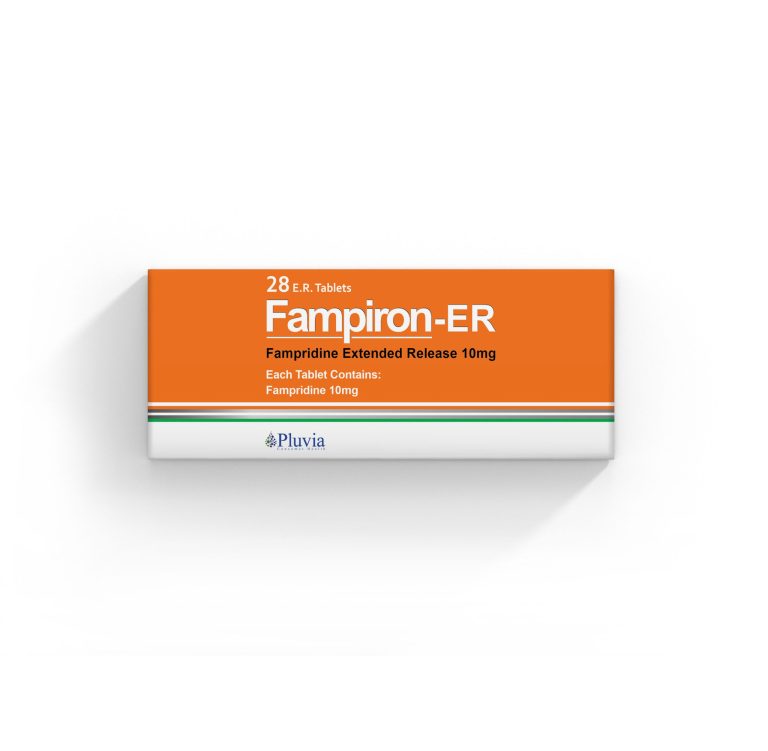Trientine
Trientine is an oral chelating agent that has a different structure from penicillamine and other chelating agents. Copper is an effective chelator to prevent its accumulation in tissues such as the brain and liver.
Trientine is a drug mainly used to treat Wilson’s disease, a rare genetic disorder that causes excessive accumulation of copper in the body.
Trientine belongs to a class of drugs known as chelating agents, which work by binding to copper and facilitating its elimination through the urine.
Therapeutic Fields
Dosage Form
Capsule 300mg
Mechanism of action
Trientine acts as a chelating agent, meaning it binds to copper in the body and forms stable complexes.
This binding reduces the level of free copper in the circulation and makes it easier for the body to excrete excess copper through the urine. By reducing copper concentrations, Trientine helps manage symptoms and slow the progression of Wilson’s disease, where copper accumulation is a major issue.
Uses of Trientine
Wilson’s disease
Copper overload
Method of Use
The dosage of Trientine can vary depending on individual factors and the specific condition being treated.
Typically, the starting dose for adults is 500 mg to 750 mg per day, divided into two to four doses.
This dose may be adjusted based on your response to the medication and regular monitoring of copper levels.
We understand the complexities and challenges you face in the healthcare industry. That’s why we’re dedicated to providing innovative solutions and insightful knowledge to help you achieve your goals.
Your input is crucial in helping us understand your needs and deliver the most relevant support:






